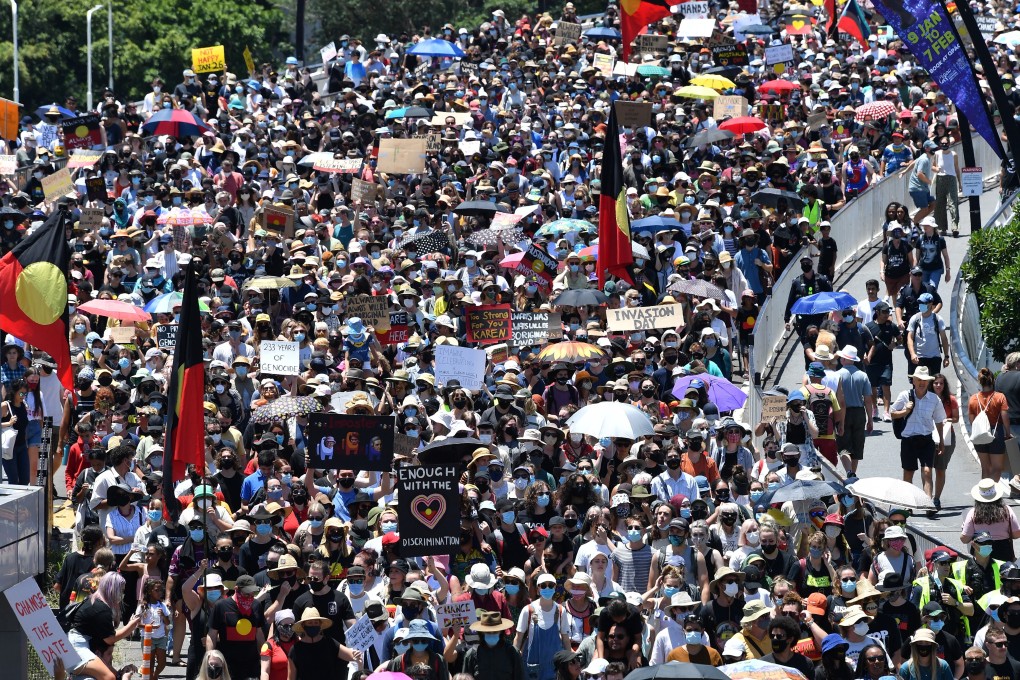Coronavirus: Indonesia hits 1 million cases; Australian protesters defy curbs
- Thousands of people gathered at protests in major cities across Australia, as Thailand reported 959 new cases – its highest daily tally yet
- Elsewhere, New Zealand is closing in on approving a Covid-19 vaccine and the Serum Institute of India says it has no plans to divert supplies to Europe

Indonesia has topped 1 million coronavirus cases on Tuesday, as it launches one of the world’s biggest vaccine drives to clamp down on a soaring infection rate.
Some hospitals are on the brink of collapse as they are overwhelmed with patients in one of Asia’s worst-hit nations, health experts warn.
“I think we hit one million cases of Covid-19 a long time ago,” said Pandu Riono, a University of Indonesia epidemiologist. “We are still climbing a mountain and we don’t even know where the peak is. This is a never-ending climb.”
There are reports of patients being unable to access intensive care units and isolation rooms due to high demand – a shortage underscored by an East Java city’s move to outfit a train carriage to accommodate the sick.
The virus has killed more than 600 doctors, nurses and other medical workers, many outfitted with limited protection equipment, according to independent researchers.
“Hospitals are already collapsing,” Riono said, adding that the government had “no management, no plan, no priorities, just trial and error”.